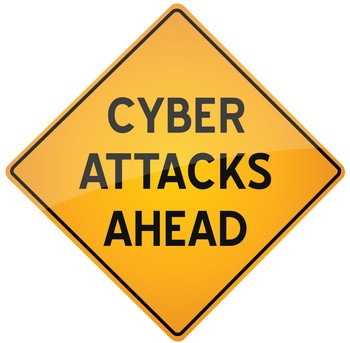Don’t Get Hacked 101

Think you’ve been hacked? It’s more common than you think. On December 4th, 2013, CNN reported that 2 million Facebook, Gmail and Twitter passwords were stolen in a massive hack. How? They used keylogger trojans installed on user’s computers around the world. CHANGE YOUR PASSWORDS NOW! http://money.cnn.com/2013/12/04/technology/security/passwords-stolen/
“So, how can you be hacked?” Well, there are several behaviors that make being hacked easy. (Read below and take notes) 🙂
- Being lazy about passwords.
- Too easy to guess or using the same passwords on all web sites.
- Passwords should be obscure and complicated. A solid example of a great password is: “hG63dZ!#eb8”. But “Johnny92,” not so much. 123456 was the most “stolen” password. (Really?! Come on People!)
- Gullibility by clicking on links in emails that are scams.
Don’t be fooled by the Nigerian sad emails asking for access to your bank accounts. This is a scam.
- The scam is about a mysterious, undeliverable package, that requires your attention. Don’t respond or click on anything you did not solicit or know who sent it. Sometimes, you have to be careful about those too. Your friend may have been compromised and now emails are going out in their name.
- Drive-by downloads: Be especially careful about free downloads. The new trends are bundled downloads that install junk applications and toolbars on the computer that slow performance, steal personal information, and worse-case scenario, infect computers with trojan viruses that can (and will) steal your personal information.
- Unsecured home network: Hackers can snoop your internet usage if your network is unsecured. Always use the maximum security the router is capable of providing and your devices are capable of connecting to.
- Protect your email accounts: Don’t access webmail on public computers at hotels, airports, libraries, and business centers. There’s no way to know if these computers are compromised and many use Windows XP (currently not the safest version of Windows to use) and will no longer be supported starting April 2014.
Have you done any of these things? Please be careful and start scanning with multiple virus/malware scanners – and you can always call on us to help repair your computer in the Reno, NV area. We can also help repair your dignity. 🙂 Near or far. Online or offline. We’ll be here.

